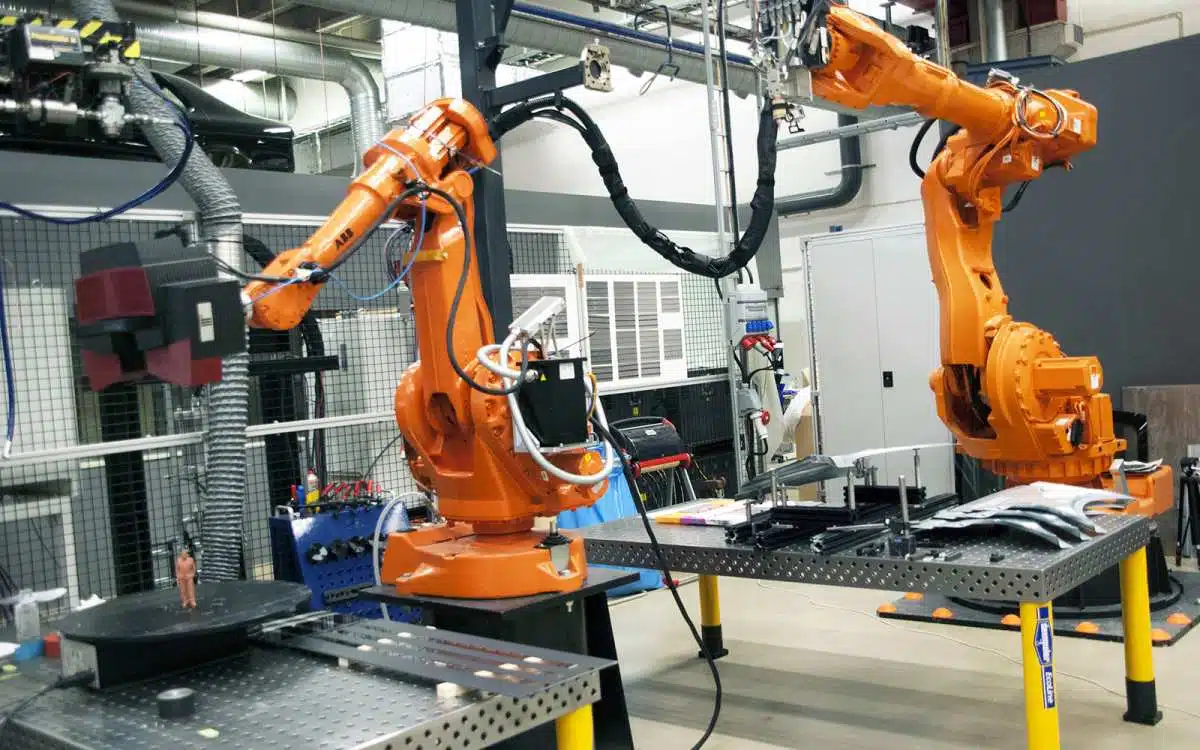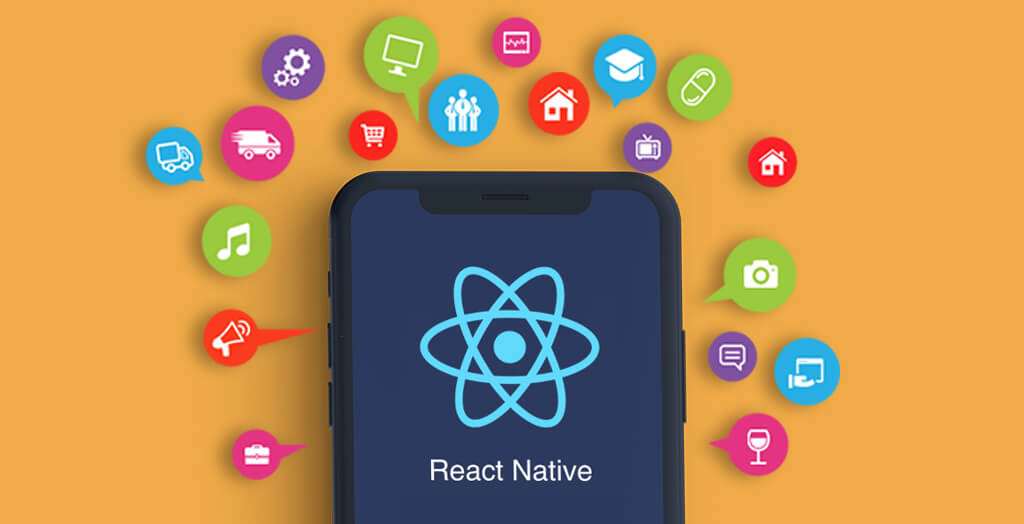Introduction
The integration of Artificial Intelligence (AI) into production line systems has revolutionized the manufacturing industry, reshaping the landscape of industrial operations. This transformation extends beyond mere automation, introducing intelligent, adaptive, and highly efficient processes. AI’s impact is profound, fostering unprecedented levels of productivity, quality control, and operational efficiency.
The Advent of AI in Manufacturing
Historical Context
Historically, the manufacturing sector has evolved through several industrial revolutions, each marked by leaps in technology. With AI, the industry is experiencing a paradigm shift akin to a new industrial revolution. This integration represents more than just an incremental improvement; it’s a fundamental change in how production lines operate.
Modern AI Applications
Today’s AI applications in manufacturing range from predictive maintenance and quality control to supply chain optimization and energy management. These systems leverage machine learning algorithms, data analytics, and robotic process automation (RPA) to enhance decision-making and operational efficiency.
Enhancing Efficiency and Productivity
Automation and Precision
AI-driven automation goes beyond repetitive tasks, enabling machines to perform complex, precision-based functions. This transition results in higher output rates and consistent quality, reducing human error and material wastage.
Predictive Maintenance
AI systems can predict equipment failures before they occur, scheduling maintenance activities proactively. This predictive approach minimizes downtime, extends equipment life, and optimizes resource allocation.
Quality Control and Customization
Real-Time Monitoring
AI-enabled sensors and cameras provide real-time monitoring and quality control, instantly detecting defects or deviations from standards. This immediate feedback loop ensures that products meet stringent quality criteria consistently.
Customization at Scale
AI facilitates mass customization, allowing manufacturers to tailor products to individual customer preferences without sacrificing efficiency. This capability enables a more responsive and customer-centric production approach.
Reducing Environmental Impact
Sustainable Operations
AI’s efficient resource management contributes to more sustainable manufacturing practices. By optimizing energy consumption and reducing waste, AI is playing a crucial role in minimizing the environmental footprint of production lines.
Smart Supply Chain Management
AI-driven supply chain solutions enhance sustainability by optimizing logistics, reducing transportation emissions, and improving inventory management.
Workforce Transformation and Challenges
Reskilling and Job Creation
While AI automation displaces certain jobs, it also creates new roles requiring advanced technical skills. The demand for AI specialists, data analysts, and robotic technicians is on the rise, necessitating a workforce transformation.
Ethical and Social Implications
The deployment of AI in manufacturing raises ethical questions about job displacement and the digital divide. Balancing technological advancement with social responsibility is a critical challenge for the industry.
Future Trends and Innovations
Integration with IoT and 5G
The future of AI in production lines is closely tied to the Internet of Things (IoT) and 5G technology. This integration will enable even more sophisticated, interconnected systems capable of real-time, data-driven decision-making.
Advancements in AI Algorithms
Continued improvements in AI algorithms will further enhance the capabilities of production systems, leading to smarter, more autonomous operations.
Conclusion
The impact of AI on production line system operations is transformative and multi-faceted. By enhancing efficiency, quality, and sustainability, AI is not just changing how products are made but is also reshaping the very nature of manufacturing. As the industry continues to evolve, it’s imperative to balance technological advancements with ethical considerations and workforce development. The journey of integrating AI into production lines is just beginning, and its full potential is yet to be realized.









